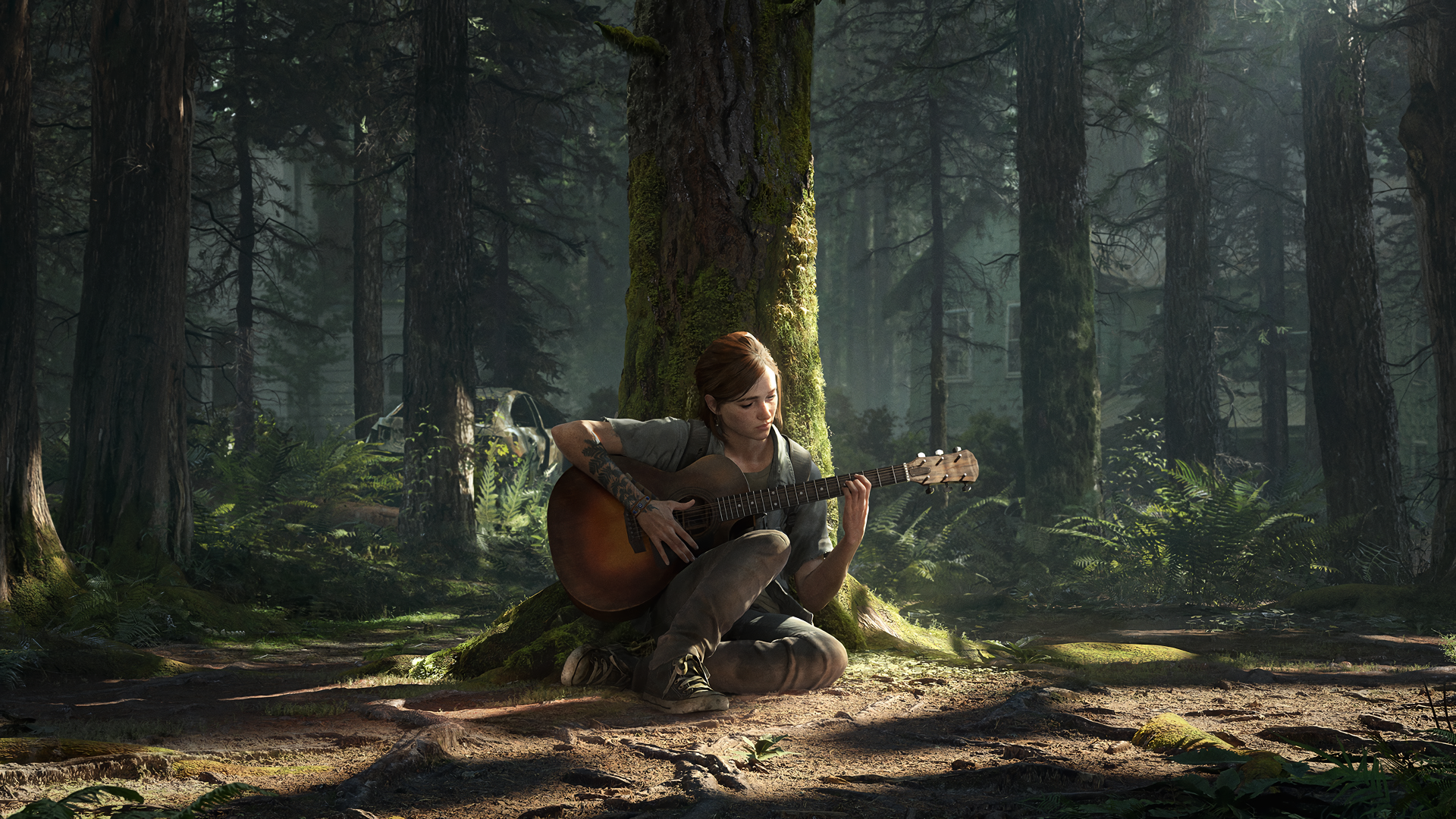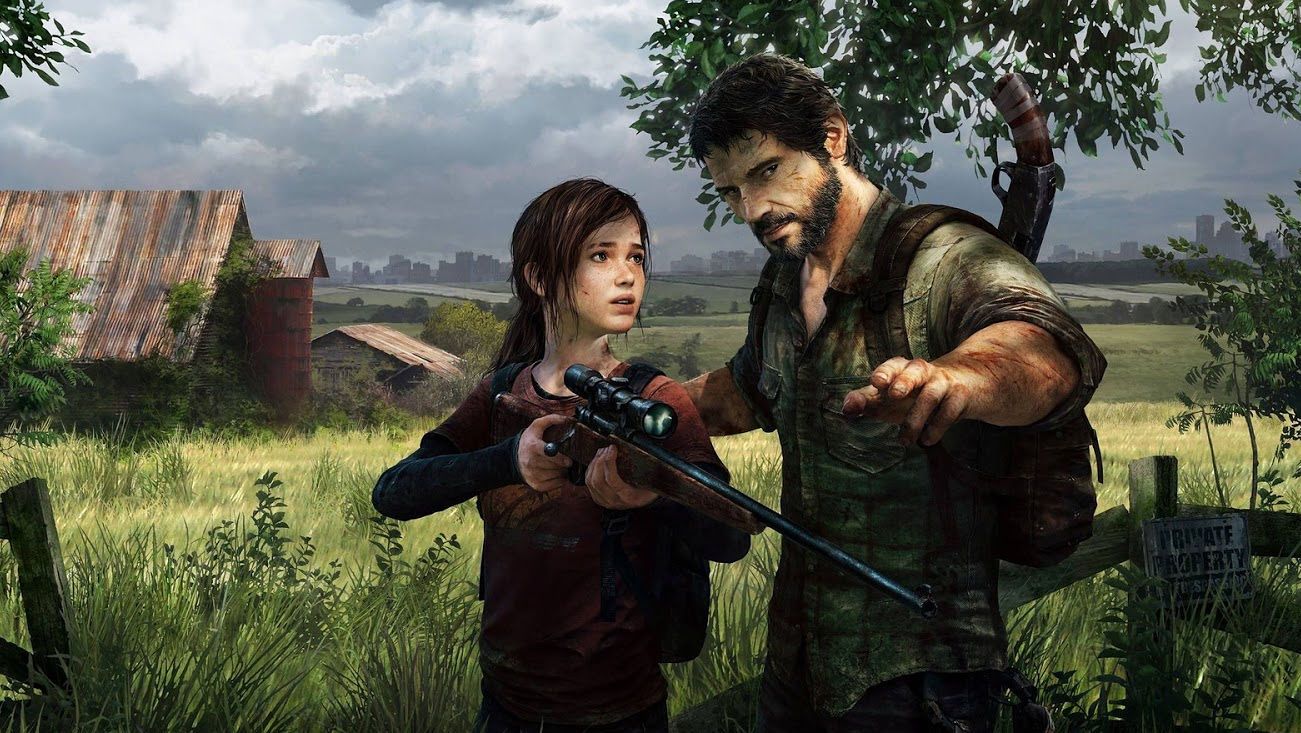The relationship between games, film, and television continues to be a complicated one. Gaming is convinced it lives in the shadow of other artistic mediums, keen to imitate them in order to live up to their greatest qualities instead of capitalising on the strengths player interaction can bring instead. The Last of Us, What Remains of Edith Finch, Hades, and so many more experiences are able to tell stories that can only be facilitated by the medium they exist within, yet creators are feverish to adapt them into films or television shows like they’ll be magically heightened in some way.
I don’t think there’s anything wrong with adaptations - some of them have been fantastic - but so many more have fallen short and exist to be mocked or scrutinised by fans who were hoping for something more, or a product that at least tried to be faithful to the source material they’re meant to evoke. Animated adaptations normally fare the best, with Castlevania drawing in thousands with its excellent Netflix series - a platform Cuphead and Splinter Cell will soon join with ventures of their own. These are the best sort of adaptations, the ones that look at the games they’re taking inspiration from and choosing to craft a tale that is completely independent. It makes use of the same property with many recognisable locations and characters, but it’s never confined by an existing beginning, middle, and end that stifles creativity.
The Last of Us is seemingly doing the opposite, with HBO set to recreate and expand upon the masterful PlayStation exclusive with its own televised take on things. Game director Neil Druckmann is involved to make sure the storyline is preserved and the characters are adapted in a way that is accurate to their virtual counterparts, but so far all of it feels a bit dry and predictable. Joel and Ellie’s journey is an undeniably human one, but it’s also one we’ve all seen before - we’ve literally seen tales almost exactly like it very recently, in both Logan and The Mandalorian. It’s a fairly pedestrian tale in the world of film and television. HBO must know this, having been responsible for Game of Thrones, The Sopranos, Westworld, and other classics that have continually pushed the boundaries of television.
Naughty Dog’s masterpiece was one of the first ‘prestige’ games that Sony has since made its bread and butter. While their characters and gameplay are vastly different in a number of ways, Days Gone, God of War, Ghost of Tsushima, and Horizon Zero Dawn all follow a fairly similar structure when it comes to taking the player on an emotionally resonant rollercoaster. Aside from a few welcome surprises, the company’s first-party output has grown predictable, so much so that The Last of Us is apparently being remade for the PS5. That, and we’re getting a TV show which will explore the very same narrative. I guess we should get ready for plenty more of Joel and Ellie, even if the sequel made me despise the latter and view her in an entirely different light moving forward.
Perhaps I’m being ignorant, and have failed to realise that millions of people have never heard of The Last of Us before, and a television show will introduce this world to a whole new audience. That’s true, yet it also discounts where it came from, labelling the game as something that isn’t accessible, or is somehow lesser because it hails from an interactive medium. Some video game directors see themselves as filmmakers, as storytellers who opted to settle into the realm of games instead of somewhere else.
Hideo Kojima won’t shut the hell up about movies, but he’s proven that his storytelling talents lend themselves so much better to games, as has Druckmann, Molyneux and so many others. Punting their best ideas into a film or television adaptation lessens their initial impact, instead of painting the medium as something that anyone can jump into with the right guidance, since I really think they can. Games make more money than film and television, the proof is in the pudding, although the need for artistic legitimacy will constantly lead existing creators to occupy familiar pastures where they’ll retell the same stories again and again in the hopes of being recognised.
This is a vicious cycle that will never see video games advance because we’re obsessed with living up to mediums that have executed for decades longer, determined to follow their trajectory instead of defining our own and realising there is another path toward legitimacy that doesn’t need to retread old ground. But here we are, The Last of Us is getting a TV show, and I’m sure I’ll love it, but I’m also not sure I really want it.

-3.jpg)

